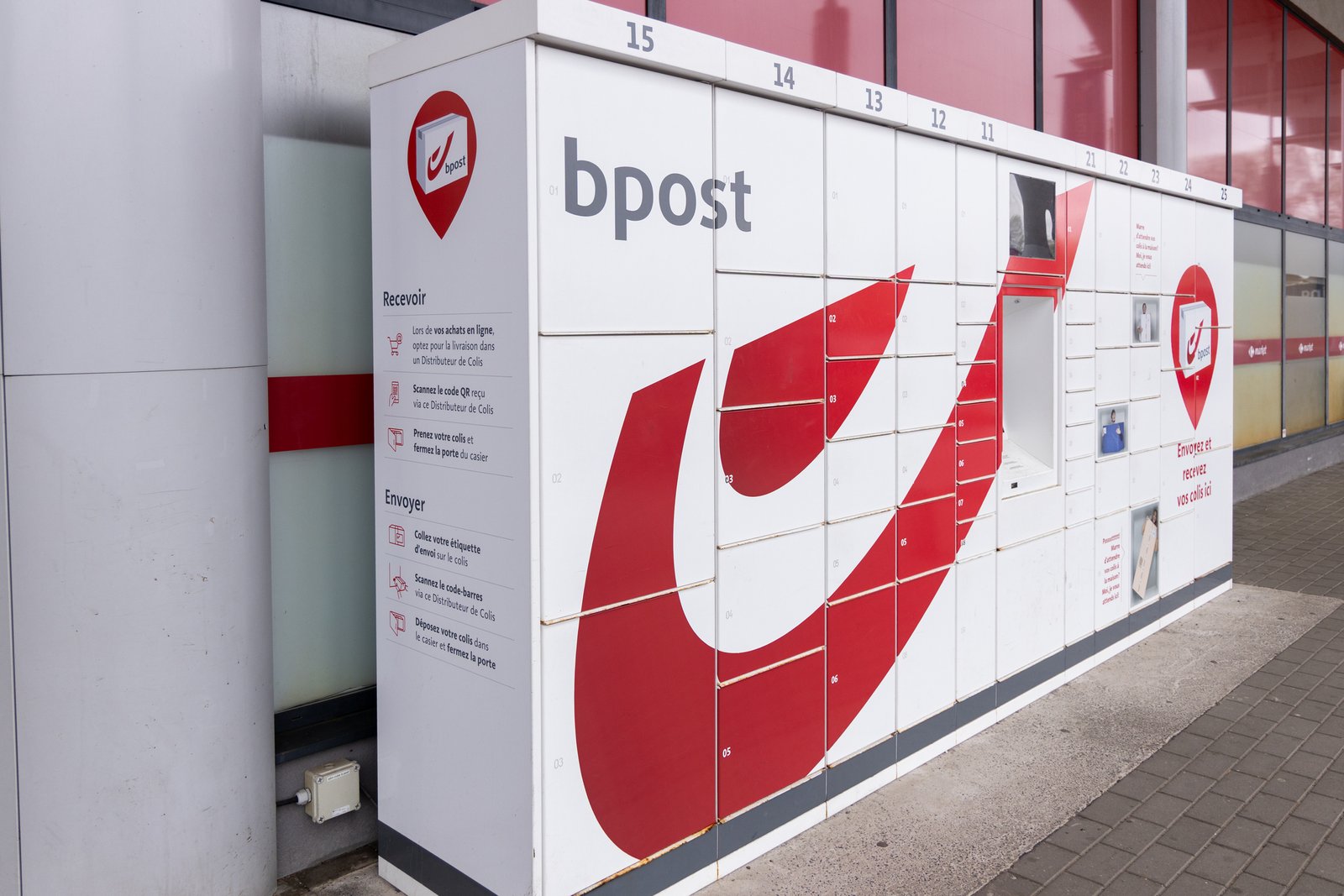Several European postal operators are suspending parcel deliveries to the United States, citing uncertainty and higher costs under President Donald Trump’s new trade regime.
Belgium’s leading postal operator Bpost said on Wednesday that it would temporarily stop accepting parcels bound for the US from 29 August, when Washington ends the long-standing “de minimis” exemption which allowed goods worth less €690 to enter duty-free.
To protect its customers, Thursday, 21 August, is the last day a parcel can be sent to the US, Bpost says.
“We send fewer than 100,000 parcels to the States each year. By comparison, Bpost sends 500,000 parcels every day,” Bpost spokesperson Mathieu Goedefroy told local Belgian news media HBVL.
The Norwegian postal service Bring and Postnord which operates in Denmark and Sweden, too, confirmed on Wednesday they would halt shipments to the US. The suspension will hit both private customers and European e-commerce businesses reliant on affordable cross-Atlantic shipping.
The decision has been taken as companies are scrambling to understand what replaces the “de minimis” exemption.
“The details surrounding have not yet been clarified by the US customs authorities, nor have any system solutions been developed that postal companies can use,” Bring writes in their press release.
Private couriers such as DHL and UPS are expected to continue service but anticipate profit losses. DHL has warned that scrapping the low-value exemption could shave up to €198 million – or 3.3% – off its annual operating profit, according to online outlet FreightWaves that reports on the global freight market.
The disruption comes at a time of heightened transatlantic trade tensions. In July, Brussels and Washington struck a deal imposing a 15% flat tariff on most European goods, adding to a wave of tariff and subsidy disputes.
(vib)





